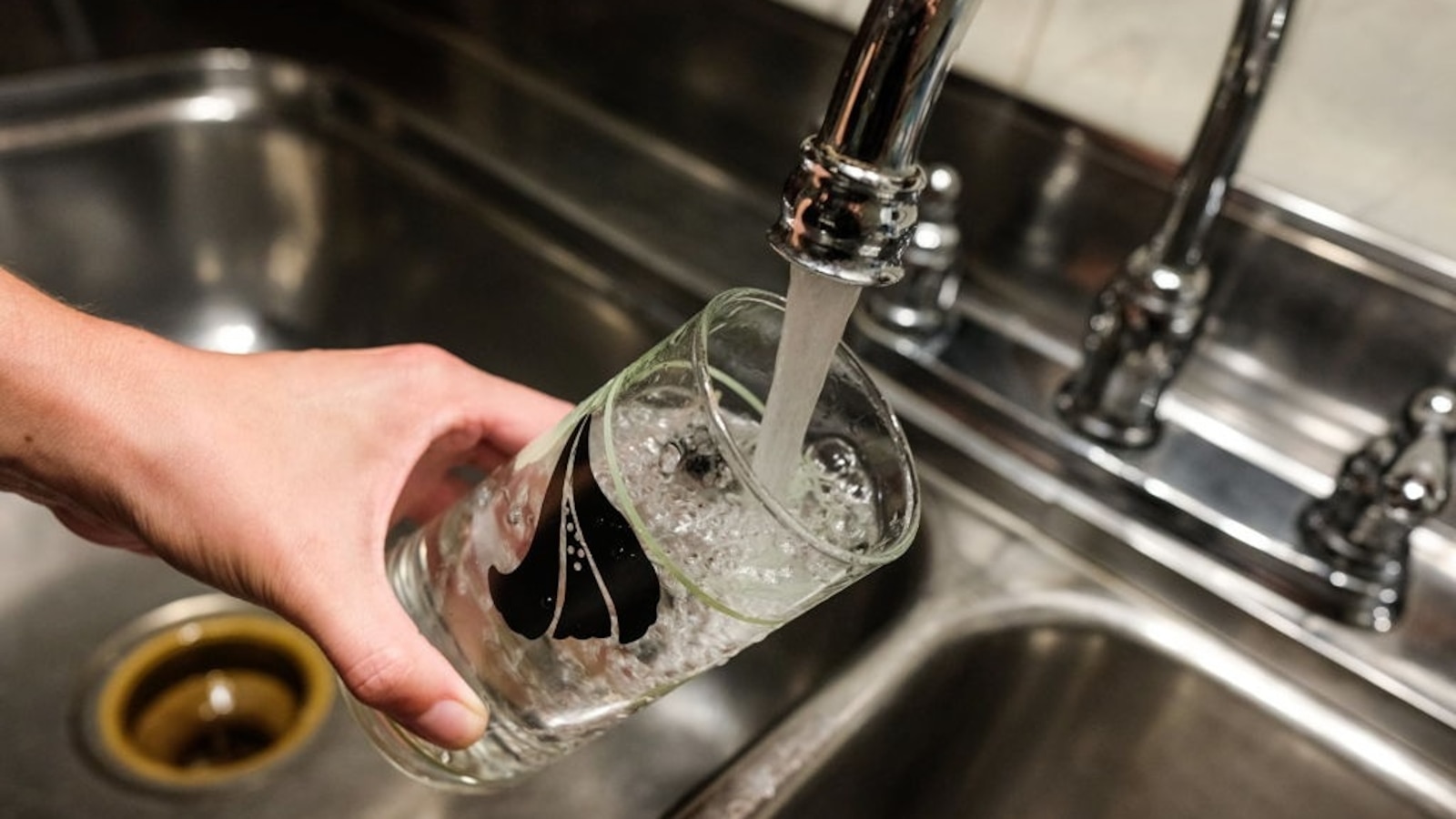The Hidden Dangers of Heat: Understanding How Extreme Temperatures Accelerate Aging
As climate change continues to rear its head, the rising temperatures are becoming more than just a seasonal inconvenience. Recent studies have revealed that extreme heat can significantly accelerate the aging process in our bodies. This article will explore the science behind heat exposure, its alarming effects on human health, and the broader implications for our longevity.
The Science of Heat and Aging
Extreme temperatures can lead to a range of physiological responses in the human body. When exposed to high heat, our bodies work overtime to maintain a stable internal temperature—a process known as thermoregulation. This response can have various effects on our health and well-being, particularly as we age.
Research indicates that prolonged exposure to heat can damage cells and tissues. One of the primary mechanisms by which heat accelerates aging is through oxidative stress. When our cells are under stress from extreme temperatures, they produce an excess of free radicals—unstable molecules that can damage cellular components, including DNA, proteins, and lipids.
Over time, this damage accumulates, leading to a decline in cellular function and an increased risk of age-related diseases. This connection between heat exposure and oxidative stress highlights the hidden dangers of heat as a silent accelerant of the aging process.
The Impact of Heat on Skin Health
One of the most visible effects of heat exposure is on our skin. High temperatures can lead to dehydration, making the skin lose its elasticity and moisture. This results in premature wrinkles, sagging, and an overall aged appearance. Moreover, heat can exacerbate skin conditions such as eczema and psoriasis, leading to further damage and discomfort.
Additionally, ultraviolet (UV) radiation from the sun often accompanies heat waves. UV rays are known to cause significant skin damage, including sunburn, pigmentation changes, and an increased risk of skin cancer. The combination of heat and UV exposure can thus compound the effects of aging on our skin.
Heat and Chronic Diseases
Extreme heat is not just a cosmetic concern; it can also exacerbate existing health issues. For older adults, particularly those with chronic conditions such as cardiovascular disease, diabetes, and respiratory problems, high temperatures can pose serious risks.
- Cardiovascular Strain: Heat increases heart rate and blood pressure, making it harder for individuals with heart conditions to cope. The heart has to work harder to pump blood to the skin, diverting it from vital organs.
- Respiratory Issues: High temperatures can worsen air quality, leading to increased levels of air pollution. This is particularly dangerous for individuals with asthma or other respiratory conditions, as heat can trigger attacks.
- Metabolic Changes: Heat exposure can affect insulin sensitivity and glucose metabolism, increasing the risk of developing type 2 diabetes in susceptible individuals.
These health complications illustrate how extreme temperatures can create a vicious cycle, where the aging process accelerates due to chronic illnesses that are exacerbated by heat exposure.
The Role of Hydration
Staying hydrated is essential in combating the effects of heat. Dehydration can worsen the aging process by reducing the skin’s elasticity and leading to cognitive decline. Studies have shown that even mild dehydration can impair cognitive function and mood, which may contribute to an overall sense of aging.
To mitigate these risks, it’s crucial to:
- Drink plenty of water throughout the day, especially during heat waves.
- Consume water-rich foods such as fruits and vegetables.
- Limit intake of caffeinated and alcoholic beverages, which can lead to further dehydration.
Protective Measures Against Heat
As we face increasingly hotter temperatures due to climate change, implementing proactive strategies to protect ourselves from the dangers of heat is vital. Here are some practical measures to consider:
- Seek Shade: Limit outdoor activities during peak heat hours, typically between 10 AM and 4 PM.
- Wear Appropriate Clothing: Light-colored, loose-fitting clothing can help keep your body cool and protect against UV rays.
- Use Sunscreen: Apply sunscreen with a high SPF to protect your skin from UV damage, even on cloudy days.
- Stay Indoors: Use air conditioning or fans to create a cooler indoor environment, especially for vulnerable populations such as the elderly.
The Psychological Effects of Heat
The impact of heat extends beyond the physical; it can also affect mental health. High temperatures have been linked to increased levels of stress and anxiety. This psychological strain can lead to behaviors that may further exacerbate aging, such as poor sleep quality and unhealthy lifestyle choices.
Creating a comfortable living environment and engaging in stress-reducing activities—like meditation, yoga, or spending time in nature—can help mitigate these psychological effects. Additionally, maintaining social connections during heat waves can play a significant role in supporting mental well-being.
Conclusion: A Call to Action
The hidden dangers of heat are becoming increasingly apparent as climate change progresses. Understanding how extreme temperatures can accelerate aging empowers us to take proactive steps to protect our health and well-being. By adopting preventive measures, staying informed, and advocating for climate action, we can mitigate the effects of heat and promote a healthier, longer life.
In closing, as we strive to combat the impacts of a warming planet, let’s prioritize our health by recognizing the dangers of heat exposure. Together, we can navigate this challenge and foster a future where aging is not merely accelerated by environmental factors, but embraced with vitality and resilience.
See more WebMD Network



